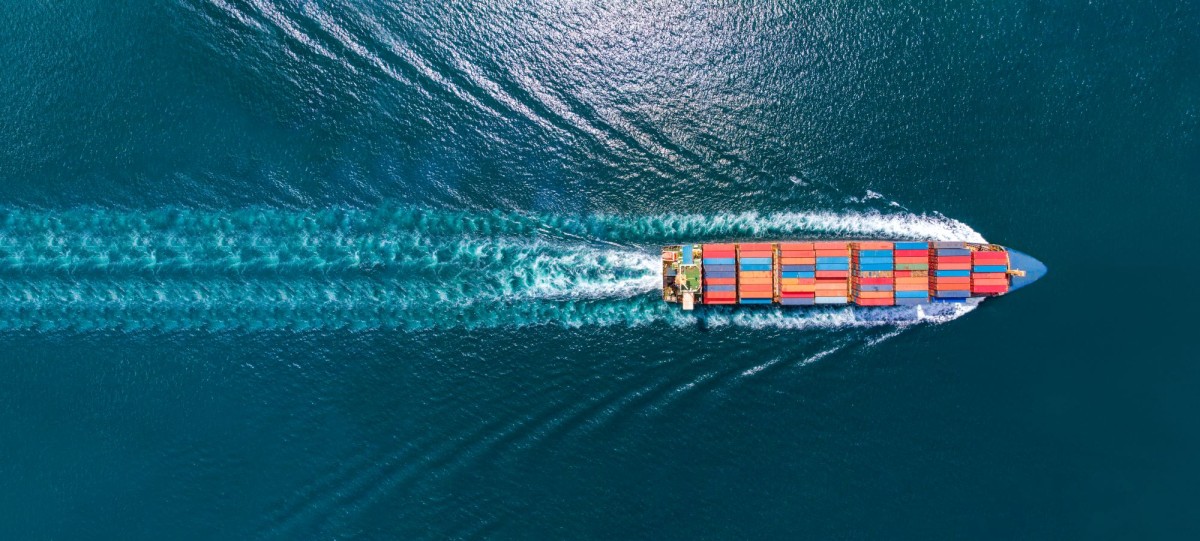South32 joins industry giants in reporting global shipping emissions

Globally diversified miner South32 (ASX: S32) has become a signatory to the Sea Cargo Charter – a global framework for assessing and disclosing the climate alignment of chartering activities for the first time in history.
The Charter encompasses a group of the world’s largest energy, agriculture, mining and commodity trading companies including Anglo American, Tata Steel Group, Shell and Chevron.
United Nations agencies estimate the international shipping industry to carry around 80% of world trade flows and to be responsible for 2-3% of global greenhouse gas emissions annually.
South32 has operations in Australia, South Africa and South America producing a variety of commodities including bauxite, alumina, aluminium, copper, silver, lead, zinc, nickel, metallurgical coal and manganese.
The company is targeting net zero emissions by 2050 with a goal of halving operational GHG emissions by 2035, compared to its FY21 baseline.
Vice president of marketing Matthew Gillespie says joining the Charter is another step in the South32’s decarbonisation journey.
“By aligning to the Sea Cargo Charter’s global framework, we can better track our decarbonisation progress against the International Maritime Organisation’s decarbonisation trajectory and our net zero goal,” he said.
Sea Cargo Charter chair and Trafigura global head of fuel decarbonisation Rasmus Bach Nielsen comments on this.
“With the inclusion of South32, the Sea Cargo Charter now represents over 20% of bulk goods transported by sea annually, marking a significant milestone in our growth and influence,” he said.
“This demonstrates our collective commitment to promoting sustainable shipping practices across the industry.”
The Sea Cargo Charter aims to reduce global shipping’s annual greenhouse gas emissions to net zero by around 2050.
This initiative aligns with the goals of the International Maritime Organisation, the United Nations agency responsible for regulating global shipping.






















